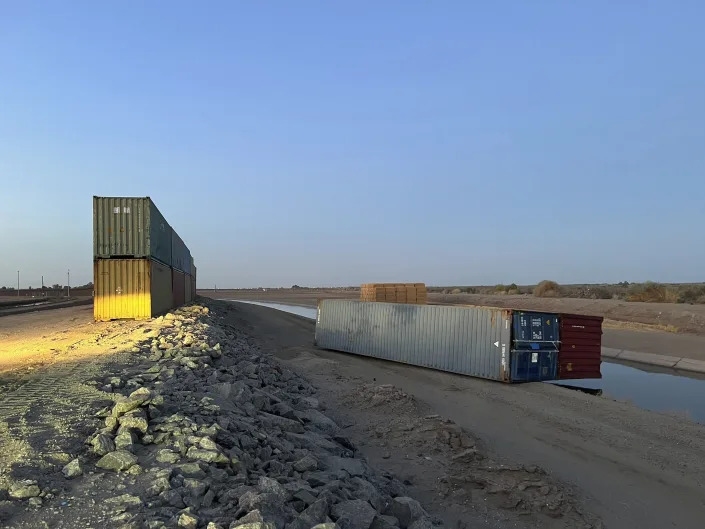PURGE
Russian Jews head for Israel as Kremlin targets emigration group
By Rami Amichay
TEL AVIV (Reuters) - In the hours after Russia invaded Ukraine in February, Ilya Fomintsev, a 43-year-old oncologist and director of a medical charity, took to the streets of Moscow to protest. He was arrested and sentenced to 20 days’ detention.
Fearing for his future, like many other opponents of the “special military operation” in Ukraine, Fomintsev decided to leave the country.
But as other opposition-minded Russians headed for Turkey, Georgia and Armenia, Fomintsev, on the advice of an old patient, began gathering documents proving his Jewish ancestry and made an appointment at the Israeli consulate.
"I am of Jewish origin and the only option for me to emigrate was to Israel," Fomintsev said in an interview at his new home in Tel Aviv.
“By and large in other countries, it is impossible to legalise yourself, it is also impossible to open bank accounts there or do business. Israel was the only option I had and I took advantage of the repatriation programme.”
Fomintsev was part of a renewed wave of Jewish emigration from Russia that, though not as large as earlier pre-revolutionary and post-Soviet exoduses, has seen tens of thousands of Russians make for the Jewish state.
According to Israeli government figures, 20,246 Russians emigrated to Israel between January and July 2022, with numbers spiking from around 700 per month in February to over 3,000 in March. By contrast, in the whole of 2019 only 15,930 Russians emigrated to Israel.
Most of the emigrants from Russia are Jews, but some may only have close relatives who are Jewish. Under Israel's Law of Return, a person needs at least one Jewish grandparent to be entitled to immediate citizenship. Around 600,000 Russians qualify.
The scale of the emigration seems to have taken the Russian authorities by surprise, and may have prompted retaliation by the Kremlin.
COURT CASE
In July, the Russian Justice Ministry requested the liquidation of the Moscow branch of the Jewish Agency for Israel, a non-profit organisation that helps foreign Jews looking to move to Israel. The first court hearing is scheduled for Friday at Moscow’s Basmanny District Court, which often handles politically sensitive cases.
The agency says its activities serving Jewish communities in Russia will continue in order to ensure they thrive and remain connected to their heritage.
Though the cases against the Jewish Agency formally relate to violations of Russian data protection laws, Israeli Diaspora Affairs Minister Nachman Shai in July accused Russia of trying to punish Israel for its position on Ukraine.
"Russian Jews will not be held hostage by the war in Ukraine. The attempt to punish the Jewish Agency for Israel's stance on the war is deplorable and offensive," Shai said.
Though Israel has not provided Ukraine with military support, it has offered Kyiv humanitarian aid and diplomatic backing.
With the Jewish Agency facing closure, Russian emigration to Israel is likely to become more expensive in the absence of the generous financial support it provides to would-be Israelis.
In Fomintsev's case, the Jewish Agency paid for plane tickets for him, his wife and three children.
When Konstantin Konovalov, a 33-year-old graphic designer who left Moscow with his girlfriend and pet dog, arrived at Tel Aviv airport in April, the agency even ordered them a taxi to their new home.
Konovalov said: “I think closing the agency will impact less on Muscovites, who of course can afford to repatriate, and more on people from the regions, who don’t have the money.”
But according to Sofia Goldman, head of a Moscow consultancy that helps with emigration to Israel, the case against the Jewish Agency has not dampened interest in emigration, which continues to grow. Instead, the kind of requests she gets have shifted as the flow of emigrants continues.
"If earlier people who really had some kind of good documentary base for obtaining citizenship applied to us, today they call us more often with a question about checking their ancestry. They call with assumptions: 'I think my grandmother, my grandfather, my distant relative had Jewish roots, let's check that'."
For some emigrants who do make it to Israel, the realities of life overseas can come as a culture shock.
Konovalov, who is studying Hebrew five hours a day and enjoying working in Israel’s thriving start-up sector, said he was surprised at how far the Israeli banking and delivery sectors lag behind Russia’s.
“I don’t rule out going back if one day something changes in Russia. Moscow is still very important for me, and it’s hard to leave your hometown.”
(Reporting by Reuters; Editing by Alison Williams)















